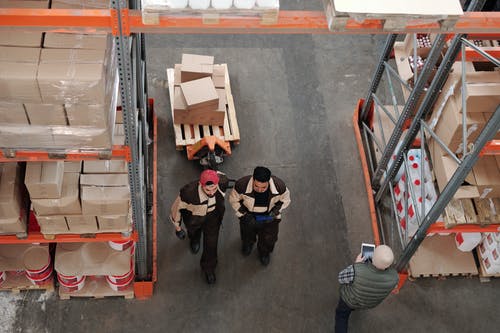Maybe it’s time to close down fulfillment centres to stop the spread of the virus, Brampton mayor says
Published January 15, 2021 at 11:08 pm

The mayor of Brampton says it may be time for the city’s fulfillment centres to shutdown to fight the spread of COVID-19.
In response to questions from inbrampton.com concerning the high-rate of infection at workplaces, Mayor Patrick Brown said too much reliance has been placed on Brampton’s warehouse and distribution centres to maintain Canada’s supply chain. The result has been high COVID numbers across the city with little benefit coming back this way for workers who have been risking their health to keep Canadians supplied with goods.
“I am not sure if all of the goods are essential,” he said regarding fulfillment products that are shipped out of Brampton warehouses. “I get that these food processing companies are critical, (but) could Canadians survive if some of these fulfillment centres weren’t operating for a few weeks?”
The mayor said he would be fine if some of the warehouses and fulfillment centres closed down if it would slow the climbing number of virus cases.
Brampton and north Mississauga have several major fulfillment and logistics centres that stock and ship consumer goods such as books, electronics, clothing, hardware and household accessories. Some have questioned the rationale that these products have been determined to be essential and suggest that Canadians can do without them for periods of time if it means workers at these locations are not exposed to COVID.
The mayor again stressed that if these facilities should remain open, senior levels of government should be providing paid sick benefits to the workers so that they don’t remain on the job if they are exhibiting symptoms of the virus.
“The number one source of transmission is industrial settings and these settings are exempt from the lockdown,” Brown said. “When we look at what has been happening around the world, paid sick leave has made a real difference.”
He said only 10 per cent of all workers in these settings have benefits that cover their illness and that many are living paycheque-to-paycheque, going to work with symptoms and when they are sick because they can’t afford not to get paid.
“If we are depending on them so heavily to maintain Canada’s supply chain, and we know they are going into work at their own peril, the least we can do is have their back and give them paid sick days,” he said.
insauga's Editorial Standards and Policies advertising





